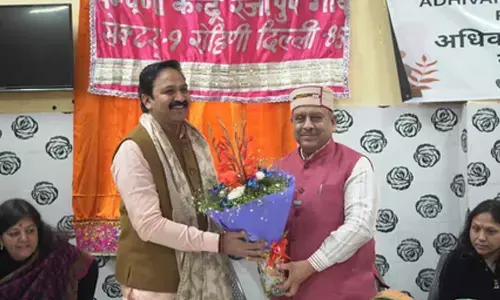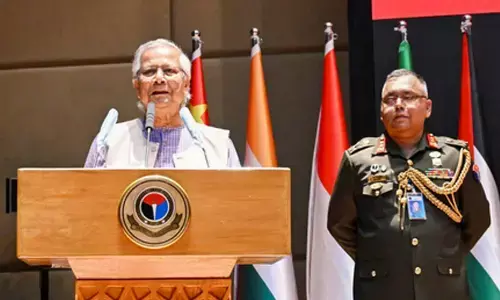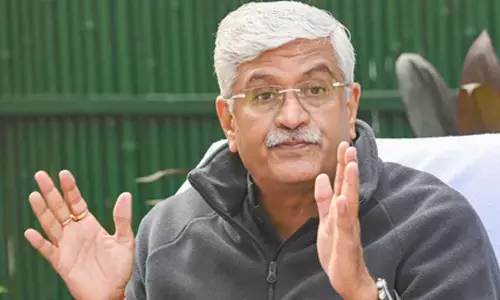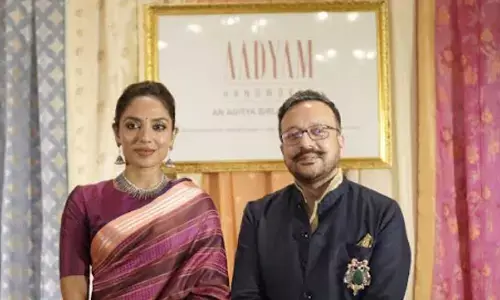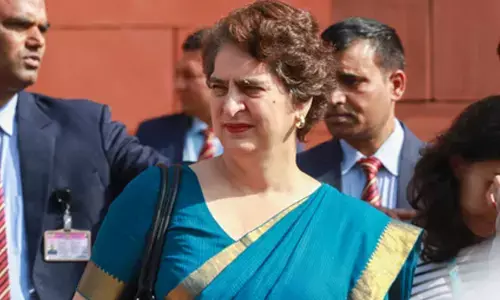Bhishma Dwadashi 2024: Date, timing, rituals, significance and all you need to know
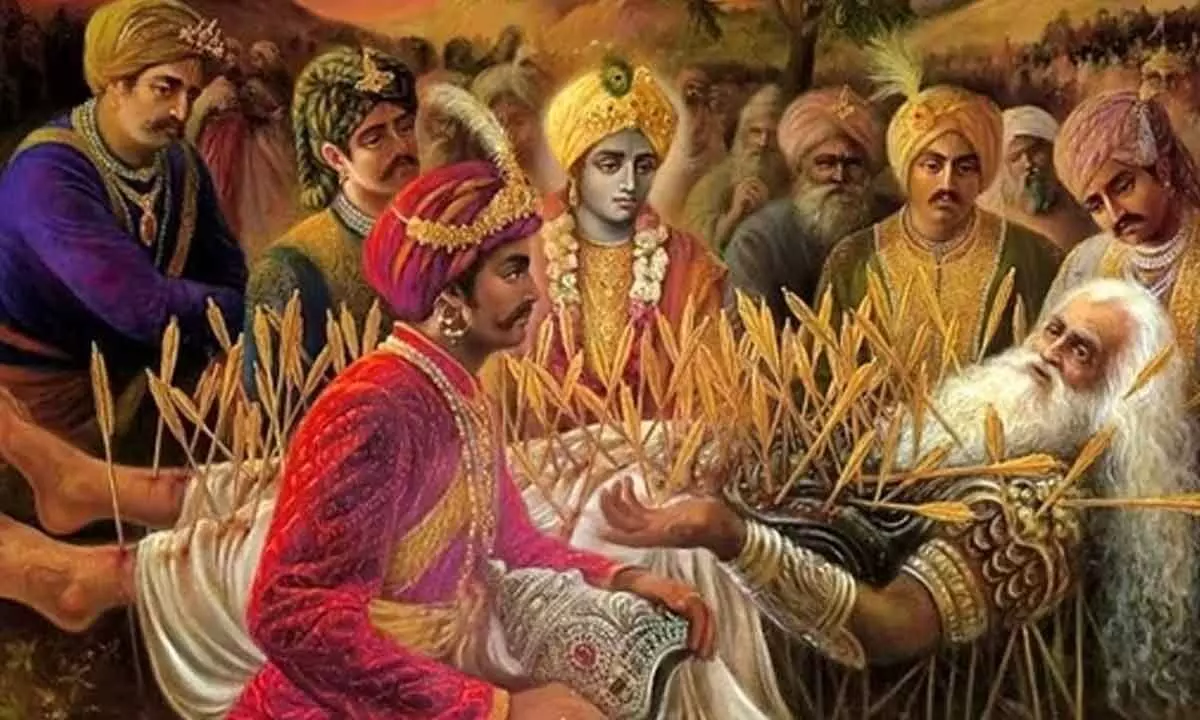
Bhishma Dwadashi holds significant importance in Hindu religious observances. It occurs during the month of Magha on the twelfth day of Shukla Paksha, also known as Magha Shukla Dwadashi. This auspicious day is associated with the final rites of Bhishma Pitamah, as believed by devotees, performed by the Pandavas. In certain regions, it is also referred to as Govind Dwadashi. Devotees who have undertaken the Ekadashi Vrata conclude their fast on this day by paying respects to Lord Vishnu. According to the Sanatan tradition, devotion to Bhishma Dwadashi is thought to fulfill all desires. As part of the observance, devotees engage in Vishnu puja and recite the Vishnu Sahasranama stotram to invoke blessings and grace.
Date and Timing of Bhishma Dwadashi 2024
Bhishma Dwadashi, also known as Magha Shukla Dwadashi, holds immense religious significance in Hindu culture. This year, it falls on Tuesday, February 20, 2024. It coincides with the observance of Jaya Ekadashi fast. The auspicious period begins at 09:55 AM on February 20, 2024, and concludes at 11:27 AM on February 21, 2024.
Significance of Bhishma Dwadashi
Bhishma Dwadashi marks an important event from the epic Mahabharata. After 58 days of the commencement of the Kurukshetra War, Bhishma, lying on a bed of arrows and nearing death, chose to depart from this world. He exercised the boon he received, allowing him to select the day of his demise. Bhishma opted to leave on Magha Shukla Ashtami, and subsequently, the Pandavas performed his final rituals on Bhishma Dwadashi, honouring him on the banks of the Ganga.
Rituals of Bhishma Dwadashi
Devotees observe various rituals on Bhishma Dwadashi to attain its auspicious benefits. It begins with offering arghya to Surya Narayan, followed by a bath and meditation. Fasting is undertaken as a commitment to the day's observance. Offerings such as yellow flowers, clothes, fruits, sandalwood, sweets, and tulsi leaves are made to Lord Vishnu and Lord Krishna, accompanied by the chanting of Vishnu Sahasranama. Tarpan, made of sesame, water, and kush, is offered to the ancestors. Additionally, providing food to Brahmins and offering donations are considered highly meritorious actions on this day, as per the teachings of Lord Krishna in the Mahabharata.
Bhishma Dwadashi stands as a day of reverence and remembrance, where devotees pay homage to Bhishma Pitamah and seek blessings for their ancestors. Through adherence to rituals and observance of fasts, individuals aim to attain spiritual merit and fulfillment of desires on this sacred occasion.








